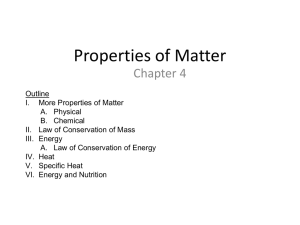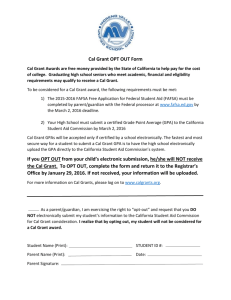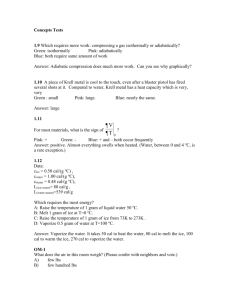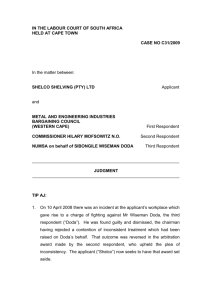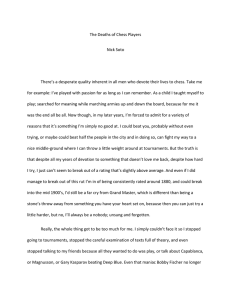BERK60sII010522 - Stony Brook Mathematics Department and
advertisement
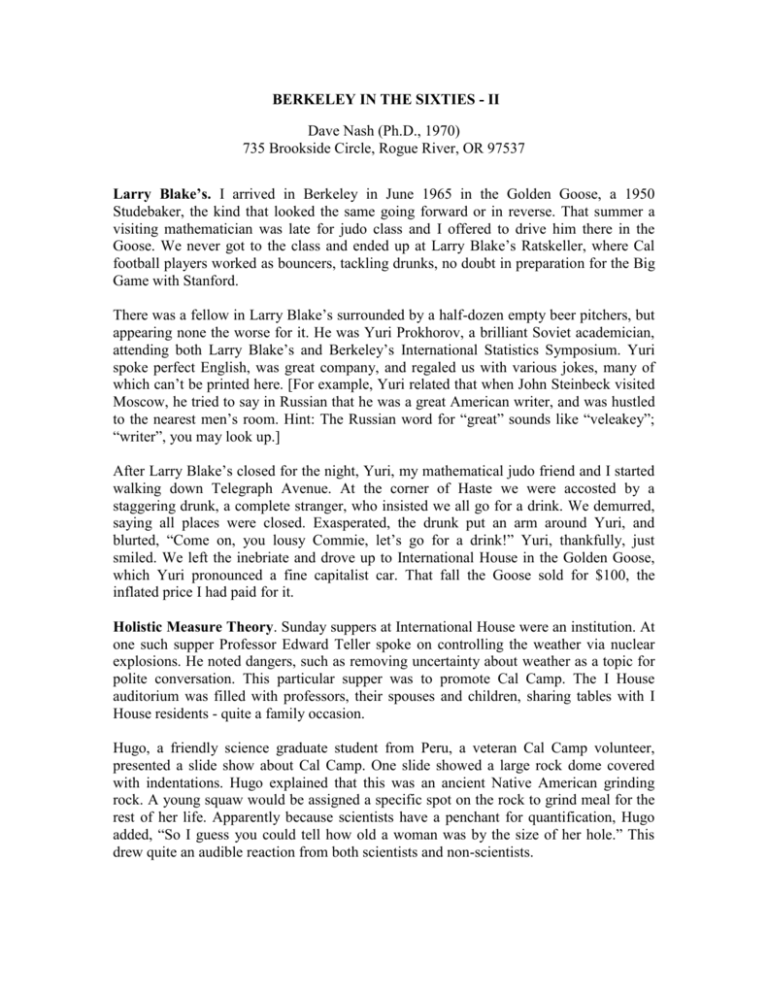
BERKELEY IN THE SIXTIES - II Dave Nash (Ph.D., 1970) 735 Brookside Circle, Rogue River, OR 97537 Larry Blake’s. I arrived in Berkeley in June 1965 in the Golden Goose, a 1950 Studebaker, the kind that looked the same going forward or in reverse. That summer a visiting mathematician was late for judo class and I offered to drive him there in the Goose. We never got to the class and ended up at Larry Blake’s Ratskeller, where Cal football players worked as bouncers, tackling drunks, no doubt in preparation for the Big Game with Stanford. There was a fellow in Larry Blake’s surrounded by a half-dozen empty beer pitchers, but appearing none the worse for it. He was Yuri Prokhorov, a brilliant Soviet academician, attending both Larry Blake’s and Berkeley’s International Statistics Symposium. Yuri spoke perfect English, was great company, and regaled us with various jokes, many of which can’t be printed here. [For example, Yuri related that when John Steinbeck visited Moscow, he tried to say in Russian that he was a great American writer, and was hustled to the nearest men’s room. Hint: The Russian word for “great” sounds like “veleakey”; “writer”, you may look up.] After Larry Blake’s closed for the night, Yuri, my mathematical judo friend and I started walking down Telegraph Avenue. At the corner of Haste we were accosted by a staggering drunk, a complete stranger, who insisted we all go for a drink. We demurred, saying all places were closed. Exasperated, the drunk put an arm around Yuri, and blurted, “Come on, you lousy Commie, let’s go for a drink!” Yuri, thankfully, just smiled. We left the inebriate and drove up to International House in the Golden Goose, which Yuri pronounced a fine capitalist car. That fall the Goose sold for $100, the inflated price I had paid for it. Holistic Measure Theory. Sunday suppers at International House were an institution. At one such supper Professor Edward Teller spoke on controlling the weather via nuclear explosions. He noted dangers, such as removing uncertainty about weather as a topic for polite conversation. This particular supper was to promote Cal Camp. The I House auditorium was filled with professors, their spouses and children, sharing tables with I House residents - quite a family occasion. Hugo, a friendly science graduate student from Peru, a veteran Cal Camp volunteer, presented a slide show about Cal Camp. One slide showed a large rock dome covered with indentations. Hugo explained that this was an ancient Native American grinding rock. A young squaw would be assigned a specific spot on the rock to grind meal for the rest of her life. Apparently because scientists have a penchant for quantification, Hugo added, “So I guess you could tell how old a woman was by the size of her hole.” This drew quite an audible reaction from both scientists and non-scientists. BERKELEY IN THE SIXTIES - II Dave Nash The Ugly Man Contest. Miss Carol Doda was neither ugly nor a man, but was the leading candidate in the Ugly Man Contest, which raised money to send needy kids to Cal Camp by selling votes for just about anyone. Miss Doda had forwarded her center of gravity and career as an exotic dancer in San Francisco’s North Beach via strategic use of silicone. Her appearance at a promotional rally on Sproul Plaza drew, I am told, the largest crowd ever, which probably qualified as Cal’s largest lecher session. (I wasn’t there, but wish I had been.) For most of the contest Professor Lance Small was nowhere in the running. However, minutes before the polls closed, a delegation of charitable math students arrived with a large amount of money, all for votes for the popular professor. But not even math students could overcome Miss Doda’s appeal; Professor Small placed only second (ahead of Smokey the Bear). Professor Small was somewhat surprised to find himself in such company, but he had one thing in common with Miss Doda: they were both good sports. Stationary store. Right next to campus, on a corner of Hearst and Euclid, stood a store which sold paper and other school supplies but advertised its immobility: “STATIONARY” was painted on the window (possibly by a Stanford grad). BEDtime. Cal’s Board of Educational Development invited newsmakers, such as Soul on Ice author, Eldridge Cleaver, as guest lecturers and introduced small, innovative seminars for undergraduates to experience something other than large lecture classes whose main newsmakers invaded Egypt over two thousand years ago. Unfortunately, there was a big political fuss over the program. Professor John Kelly resigned as head of the Board saying, “Fun in BED is over.” The Great Communicator. The Board of Regents signaled its intentions for the Berkeley campus when an unsuspecting political member, who later held national office, was telephotographed high on a balcony overlooking Cal making a fist, with one finger pointing skyward. Administrative mess. Soon after arriving at Cal, in 1965, I found some old Daily Californian newspapers in an attic. Some covered events of the Free Speech Movement, during which protestors “sat in” Sproul Hall. Some were accused of breaking into and trashing the office of a high university official. The official’s secretary later testified she checked the office and saw nothing unusual; the place was always a mess. May, 2001; Version 5.3 2


